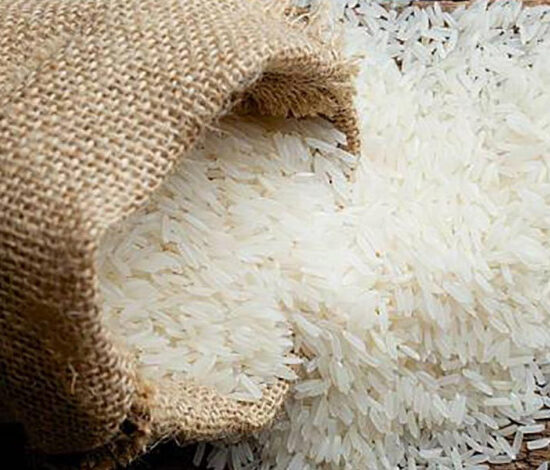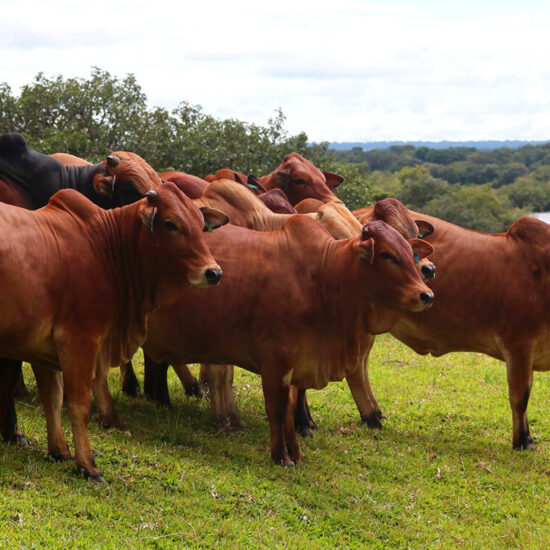
Zambia and the maize crop has a special relationship. While other countries depend on rice, potatoes, wheat as their staple food, Zambia depends on Nshima, as a staple food derived from milled Maize.
The price of a 25 kilograms bag of mealie meal is said to be a political issue in that the cost of living is generally derived from the average market prices obtaining at a particular time. Forget about the price of relish, the price of mealie meal reigns as the key barometer for the cost of living.
With the current rainy season which has hyped the expectation of even a higher bumper harvest for the 2020/2021 farming season, the price of mealie meal is at it again. Most chain stores and milling companies have hiked their wholesale and retail prices which most ordinary citizens are finding unaffordable.
In the top four provinces in terms of economic activity, that is in Lusaka, Copperbelt, North-Western and Southern provinces which ZBT has conducted some spot checks, the price of a 25kg bag of breakfast mealie meal is fetching between K150 and K170 and in other areas the bag of mealie meal is selling between K135 and 140 depending on the location.
So, if you are thrift and Saving between K30 to K50 per 25kg bag mealie meal sound viable, there is a way you can fight and avoid the current high price of mealie meal. You can simply shift from buying pre-packed mealie meal at say K170 to buying maize and getting it milled at your local miller (Chigayo).
Mercy Chanda, a resident of Lusaka who has opted out of buying pre-packed mealie meal but depends on buying maize from the local market and taking it the local milling plant (Chigayo) on her own, says she is not affected that much by the current high mealie meal prices.
She says most people are not willing to check for alternatives and substitutes whenever prices increase and this is what may be causing the big millers to increase their prices without consideration on whether people’s incomes have increased or not.
Chanda considers it to be cheaper to buy maize and mill it than buying pre-packed mealie meal from shopping malls and other retail outlets which she considers to be an expensive option. There is need for checking of alternatives so that these big companies can be thinking twice before increasing their prices.
She told ZBT that she does not spend more than K105 to buy 25kg of mealie meal because she rather buys about four tins of Maize at K20 each which, when milled, is able to make a 25kg bag of mealie meal. The price of milling then maize at the Chigayo (mini-milling plant) is between K20 to K25.
She told ZBT that prices in big shops and retail outlets are proving to be rather high and that she has since stopped buying most of the things from the supermarket as they are more expensive when compared to buying of the things from the local market and corner shops within the Neighbour hood.
“I cannot remember when last I stepped my foot into a shopping mall to buy my groceries, most of the times, I just go to city market and buy what I want because the prices there are far better compared to the ones at shopping malls”, Chanda stated.
With our busy lifestyles nowadays, it is very easy to feel trapped tricky and not pay attention to what other markets or retailers are offering and at what price. One may end up making the big businesses even more richer and whilst you remain poor,” she said.
And Chanda has also encouraged members of the public to shift from shopping from supper markets to local markets like Soweto market, Chisokone market, city market etc adding that most of the things are sold at an affordable price when compared to supper markets. Buying from markets will also help to support local businesses.
“Instead of people spending a lot of money in super markets just for the sake of it, they should also be checking out the local markets and verify the prices obtaining, so that they can be able to save their monies for future use, unlike over spending. Saving culture starts from small amounts.







